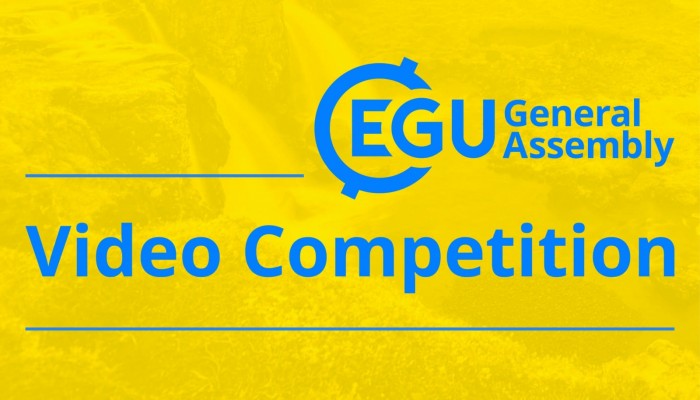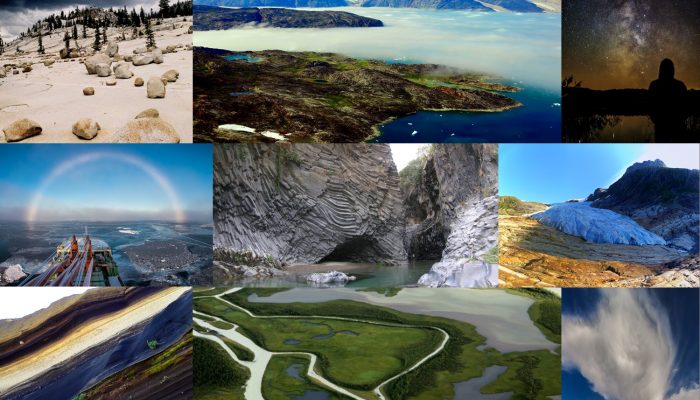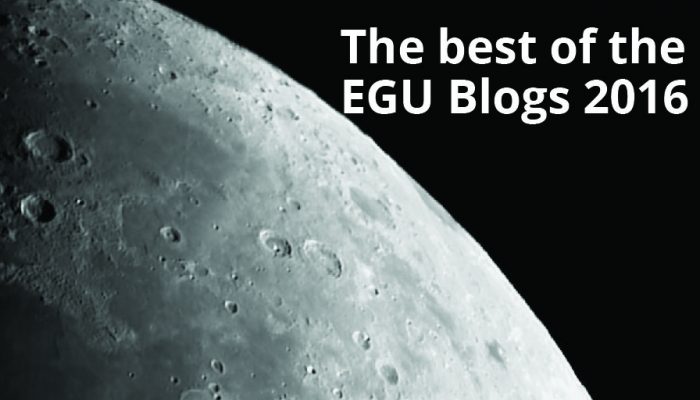For the fourth year in a row we’re running the EGU Communicate Your Science Video Competition – the aim being for early career scientists to communicate their research in a short, sweet and public-friendly video. Our judges have now selected 4 fantastic finalists from the excellent entries we received this year and it’s time to find the best geoscience communication clip! The shortlisted videos wi ...[Read More]
GeoEd: Do as I say… AND as I do

Bridging the gap between student and teacher is not always easy. For students, the educator might seem ‘untouchable’ and inaccessible. A sense exacerbated when assignments are set and they turn out to be new, complex and unfamiliar. In this new installment of our GeoEd column, regular guest blogger Rhian Meara of Swansea University, discusses a simple approach to overcome some of these ...[Read More]
EGU Photo Contest 2017
If you are pre-registered for the 2017 General Assembly (Vienna, 23 – 28 April), you can take part in our annual photo competition! Winners receive a free registration to next year’s General Assembly! The eighth annual EGU photo competition opens on 1 February. Up until 1 March, every participant pre-registered for the General Assembly can submit up three original photos and one moving image on an ...[Read More]
Announcing the winner of the EGU Best Blog Post of 2016 Competition
There is no doubt that 2016 was packed full of exciting, insightful and informative blog posts. An impressive 360 posts were published across the EGU’s official blog, GeoLog, as well as the network and division blogs! In December, to celebrate the excellent display of science writing across the network and division blogs, we launched the EGU Blogs competition. From a list of posts selected by our ...[Read More]



